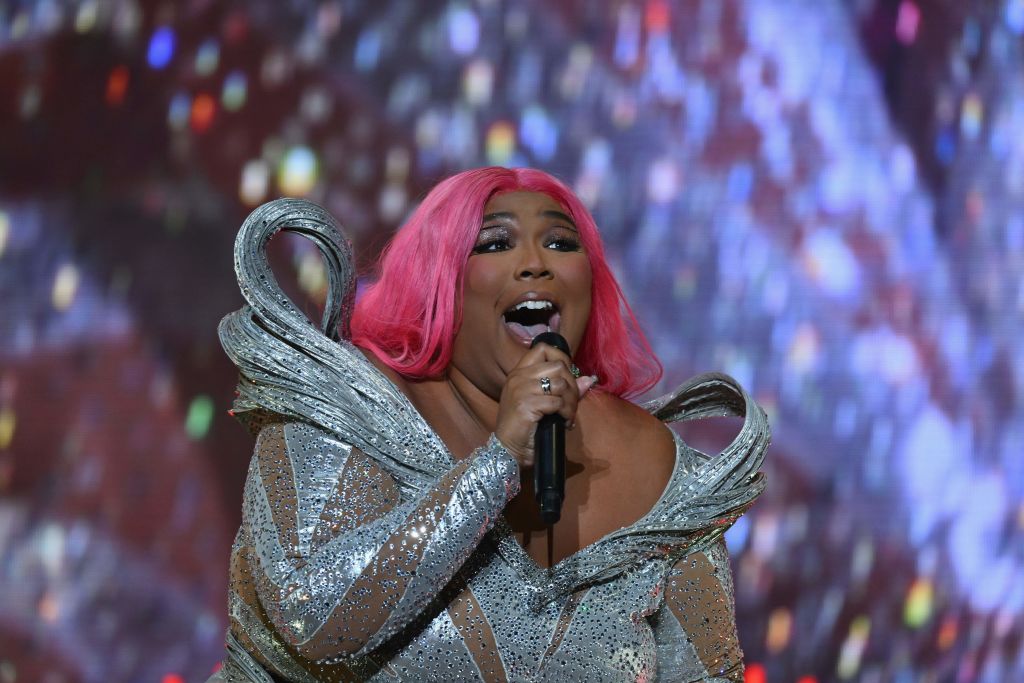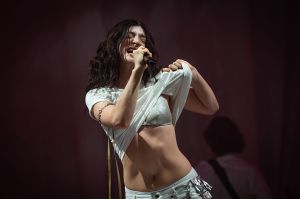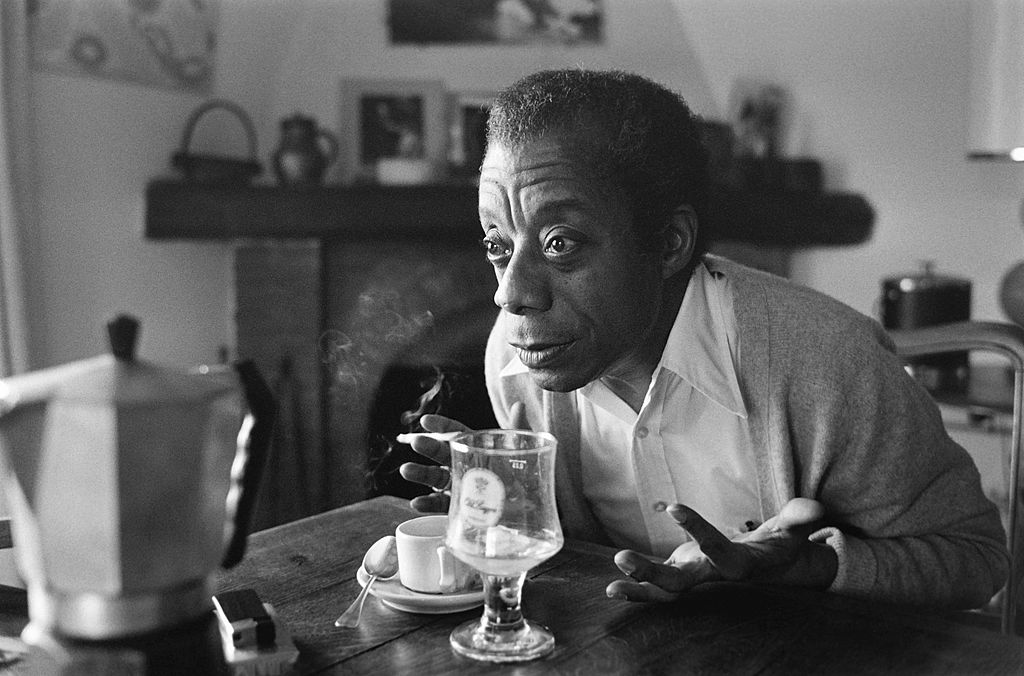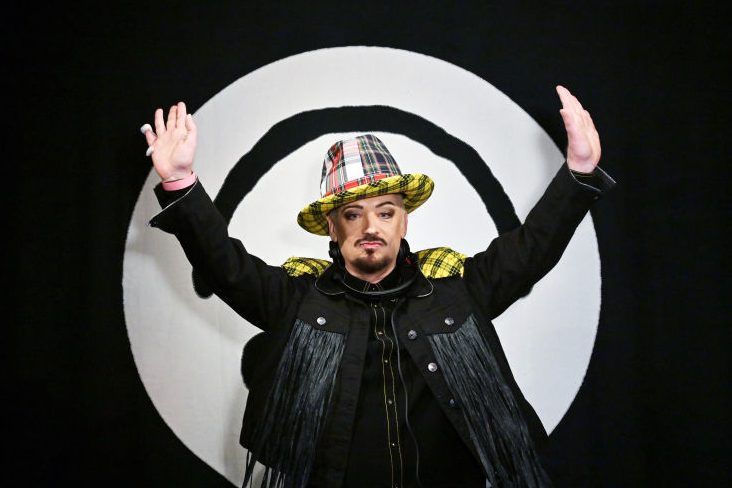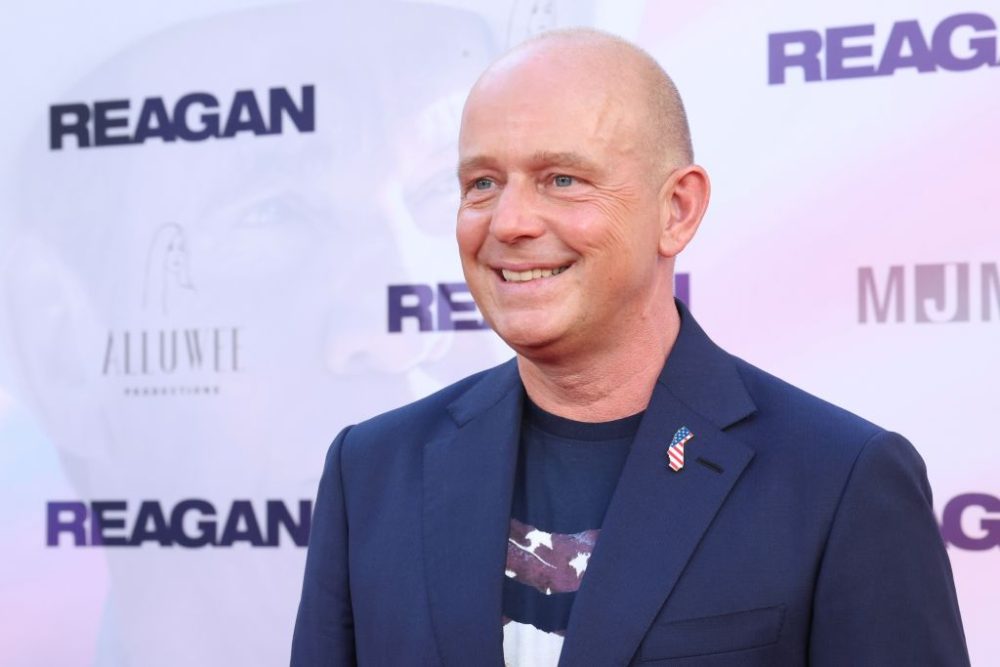Remember when we all loved Lizzo? In 2019 “Juice” (the last great party anthem BP — Before Pandemic) was a thrilling throwback groove, variously described as “delightfully outrageous” and “a self-esteem boosting anthem.” Having lived in her car at one point during years of rejection from the music industry — partly for not possessing the usual video-vixen hotness required from young black female singers — it was lovely to see Lizzo suffering from neither modesty nor the #BeKind blight. “I just took a DNA test/Turns out I’m 100 percent that bitch” she crowed in the break-up song “Truth Hurts.”
Which made it a shame that in her single “Special” this year she gave an impersonation of a world-weary piñata:
Woke up this mornin’ to somebody judgin’ me
Found out it in the end that I can only do it for me
You call it sensitive and I call it superpower
You just lack empathy ’cause you think it gives you power
You’re special
I’m so glad that you’re still with us
Broken, but damn, you’re still perfect
You’re special
The attempt to reframe fat women in particular as somehow more ‘real’ than thin women was bound to attract a bunch of wrong ’uns holding grudges
Where did it all go wrong? Lizzo hasn’t had it all easy. It was predictable that Kanye West would bring her into his tormented quest to stay relevant, which often involves picking on the new girl in town. His dig was particularly nasty, implying that she was indirectly involved in a covert “genocide of the black race” through the weapon of voluntary obesity. Her retort to him — “I’m minding my beautiful fat black business” — could have come from one of her songs. But there was a great deal of goodwill towards her from anyone not firmly in the paranoid madman camp, partly because she updated the cliche of the jolly fat girl with the good personality into the twenty-first century, with added sauce on the side.
But the signs were always there that Lizzo wasn’t the BS-free bombshell she presented as. The presence of a “wokescreen” — virtue-signaling in order to obscure less than virtuous behavior — could have been spied when she came out with right-on word-salads such as her pronouncement on sexual preference:
“I personally don’t ascribe to just one thing… that’s why the colors for LQBTQ+ are a rainbow… right now we try to keep it black and white. That’s just not working for me.”
With a big LGBT following, she considered herself an “ally” while “leaning heterosexual.” So, just a straight woman seeking that Dorothy dollar, like Barbra Streisand and Bette Midler before her. But this time — due to the addition of the T to the rainbow of readies — actually selling women out to pander to men in frocks.
In June she announced on Instagram that she would be donating $50,000 to the Marsha P. Johnson Institute, an organization dedicated to the “protection and defense” of black transgender people to help:
…protect our Black trans family… we know who Marsha P. Johnson is, and we know what Marsha P. Johnson has done for the LGBTQ, emphasis on that T, community… it protects and defends the human rights of Black, transgender people. They do this by organizing community, advocating for the people and creating a healing community, developing transformative leadership and promoting collective power in direct response to the nationwide and vastly underreported epidemic of murders of Black trans women across the United States. The violent and preventable nature of these deaths directly connects to the exclusion of Black trans people from social justice issues, namely racial gender and reproductive justice, as well as gun violence reform.
That’s not just a word-salad — that’s an all you can eat word-salad bar.
So rather than donate to a charity which supports incarcerated black women, Lizzo gave money to an organization which presumably supports the right of criminal men to be housed in female jails, where a disproportionate number of prisoners are black women. In some states, such as California, the amount of “trans women” who force themselves on actual women is so out of control that condoms are routinely handed out to prisoners. As the Women’s Liberation Front put it, “The new resources are a tacit admission by officials that women should expect to be raped when housed in prison with men, where all sex is considered non-consensual by default within the system.” It was probably another sign of something shady that she declared the singer Chris Brown — convicted assaulter of Rihanna — to be “her favorite person in the whole world.” But she was given a pass because, well, she’s a singing, twerking, flute-tooting old-fashioned all-round entertainer. And probably because she’s fat.
In recent years — in an attempt to redress the prejudice against fat people as thick and lazy — the somewhat oxymoronic term “fat activism” has emerged. This isn’t “activism” as in standing on picket lines in the pouring rain helping the wretched of the earth to get a living wage, as we used to understand it. This is being a nepo baby, sitting on your big fat bum and swearing at naysayers on the internet while a gaggle of similarly chunky girlfriends call you “Kween!” It may be a bad thing that fat people have been looked down upon — but the attempt to reframe fat women in particular as somehow more “real” than thin women was bound to attract a bunch of wrong ’uns holding grudges.
Lizzo’s musing over whether she had to be “the funny, fat friend, I played that trope in high school, or the friend who is gonna beat your ass ’cause she’s big or the big girl who’s insecure ’cause she’s big… I don’t think I’m the only kind of fat girl there is. I want us to be freed from that box we’ve been put in” seems less lovable now we know that she is being sued by three of her former dancers, who have accused the singer of sexual harassment, creating a hostile work environment and — irony of ironies — mocking them for being fat.
A lawyer for the women said, “The nature of how Lizzo and her management team treated their performers seems to go against everything Lizzo stands for publicly, while privately she weight-shames her dancers and demeans them in ways that are not only illegal but absolutely demoralizing.”
More dancers, a creative director and a documentary maker — all of whom found it impossible to work with the singer — have added to this chorus of disapproval with words such as “disrespect,” “arrogant” and “abuse of power.” Lizzo has yet to respond to the allegations.
I’ve been fat and I’ve been thin; I was an ocean-going bitch at both size ten and size twenty. However, my principled refusal to demonize my thin sisters led me into an amusing feud with the comedian Dawn French some years back when I took exception to her ridiculous statement, “There are two types of women in the world: those who like chocolate and complete bitches.” But the underlying issue was a serious one. If fat women are gaining their self-respect by putting slender women down, they are not worthy of respect — and if they are told repeatedly how wonderful they are just for being fat, they aren’t going to bother to work on their character.
Many women were so busy telling Lizzo that she was beautiful “inside and out” — as the ghastly cliché has it — that the alleged ugliness of her character may have been able to hide in plain sight all along. Now her fall from grace has been remarkably thorough. (Who gets accused of sexual, racial and religious harassment all in one go? Well, she did warn us she was special.)
Simultaneously self-adoring and self-pitying, fat activism — “body positivity” if you will — appears to me to be the latest entry to the Victim Olympics, another group who claim to be at once oppressed and powerful. At the risk of stereotyping, I can’t help thinking that this is just a tiny bit greedy.
This article was originally published on The Spectator’s UK website.



